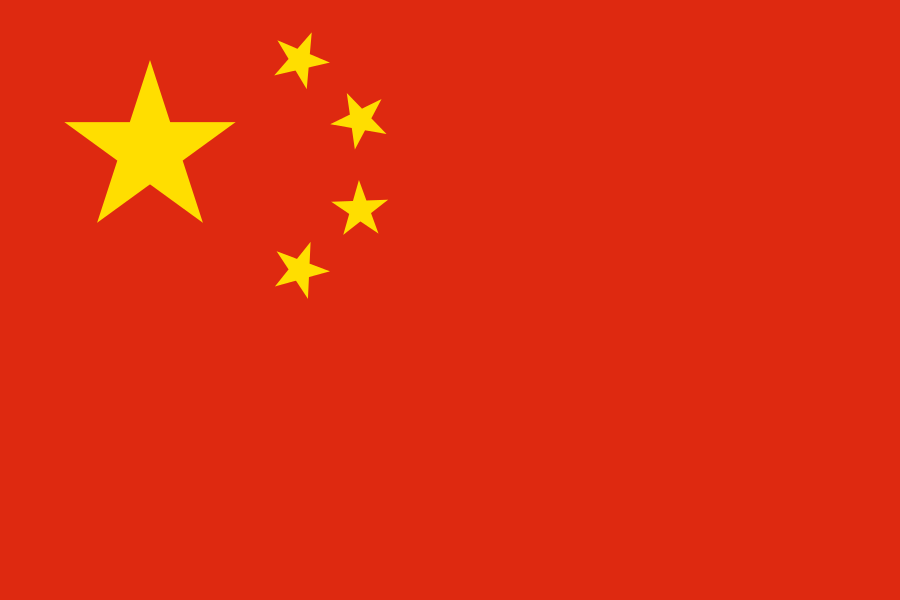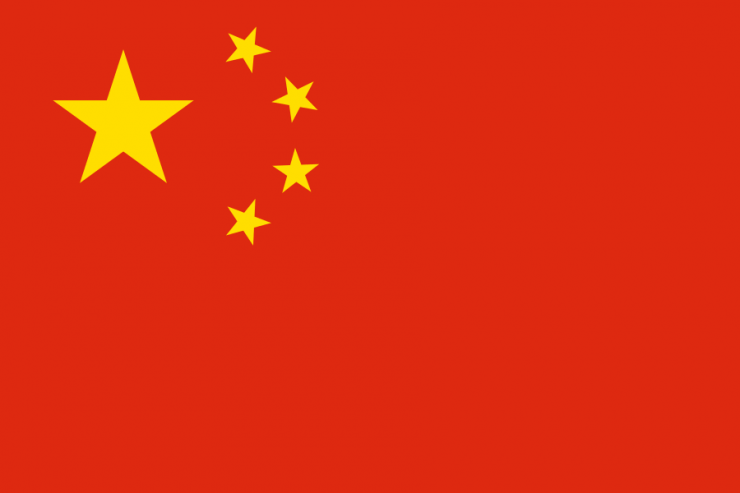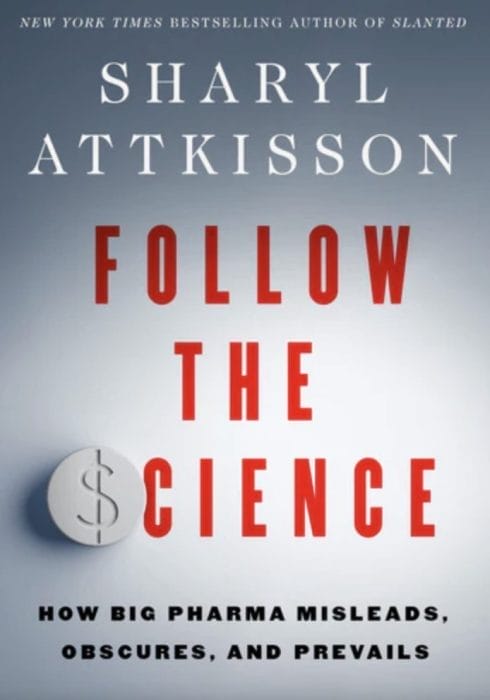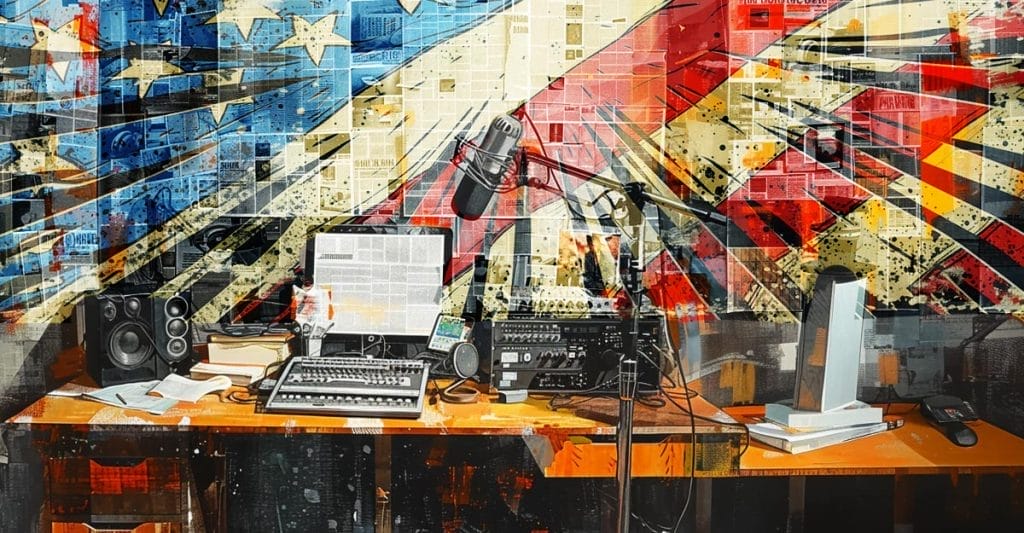
Rosemary Gibson warned us. But nobody addressed America’s dependence on China for our prescription medicine prior to the coronavirus crisis.
The following is an “Oldie But Goodie” from Full Measure. Watch the video by clicking the link at the end of the story.
There’s been a quiet but dramatic shift in where we get our prescription drugs. We are increasingly dependent on China. And that could be a major national security risk. Healthcare author Rosemary Gibson makes a convincing case in the new book: China R-X: Exposing the Risks of America’s Dependence on China for Medicine.
Sharyl Attkisson: In the 1990’s, the US, Europe, and Japan manufactured 90 percent of the key ingredients from medicine and vitamins. But now China is the largest global supplier. Why the change?
Rosemary Gibson: The change is because when we started buying generic drugs, which are terrific because they can be a lot less costly than brand name drugs, we had to find a cheaper way to make them. And China was more than willing with its lower labor costs to be a place where companies could buy those key ingredients.
Sharyl Attkisson: We’re talking about antibiotics, chemotherapies antidepressants. What other kinds of things?
Rosemary Gibson: Well, now, the generic drugs that we’re buying from China and Chinese companies in China include blood pressure medicines, Alzheimer’s, Parkinson’s, epilepsy, antidepressants the whole range of generic drugs now that we are importing from China.
Sharyl Attkisson: Do doctors know about this and take this into account when they’re prescribing?
Rosemary Gibson: Doctors have no clue, doctors and patients, no one really knows about this big shift in where our medicines are coming from.
Sharyl Attkisson: What are some of the overview problems that the FDA finds when they do look at plants in China?
Rosemary Gibson: I’ll give you one example. There’s a very large company in China that was making 29 different drugs for products for the United States. The FDA went in and found systemic data manipulation. The FDA went in because there were lots of consumer complaints about the products. There were particles in them and other things. And so the FDA banned 29 of those drugs. But because we’re so dependent on China and dependent on that company the FDA had to exempt 14 of those products from its own ban just so we wouldn’t have a shortage. We’re talking about antibiotics. That’s how dependent we are as a country.
Sharyl Attkisson: It sounds kind of outrageous that you’re saying the FDA banned products for safety reasons and then lifted the ban on some of them because there would have been a shortage?
Rosemary Gibson: Exactly right. We’re talking about chemotherapy products and we need chemotherapy and how many people know this?
Sharyl Attkisson: There is one case where we have been able to pinpoint a huge contamination problem from Chinese drugs?
Rosemary Gibson: Yes. In 2007 and 2008, a very commonly used drug in hospitals all over the country. It’s called heparin. The active ingredient came from China. And it turns out it was contaminated.
Sharyl Attkisson: A blood thinner?
Rosemary Gibson: Heparin is a blood thinner used in hospitals in operating rooms and kidney dialysis centers. And it turns out it was contaminated with a lethal contaminant. How many people were affected? We really don’t know. There are official reports to the FDA about 250 people died associated with heparin but do we really know the full course of it. How do we know?
Sharyl Attkisson: Why should we be concerned from a national security standpoint?
Rosemary Gibson: What happens if we have a Fukushima type event or the trade routes are blocked in the South China Sea? Or if there’s a global pandemic? And the United States and virtually every other country in the world is dependent on a few companies in China for the ingredients to make critical antibiotics.
Sharyl Attkisson: If China stopped making or sending its ingredients the United States for any reason, would it cause shortages in the United States?
Rosemary Gibson: Within months, pharmacy shelves in the United States would be bare. That’s how dependent the United States is and the rest of the world. It’s a national security issue that no one’s talking about.
Gibson says it’s crucial for the U.S. to develop an industry to make our own medicines in the U.S. like we used to, which she says would be good for business, quality control, and national security.
https://fullmeasure.news/news/politics/china-syndrome-08-13-2018





China needs to accept responsibility and our government needs to acknowledge the players of the release of the virus… is it a wonder that there is a run on guns and ammo.. we the people see the overwhelming corruption happening in Washington DC and don’t feel safe, they don’t have our back, even the Republican Party is not bucking the swamp.. They have allowed this to happen to the American people, silence is a form of consent… Every one trading and getting rich while they bankrupt the American people, all in the name of greed and power…